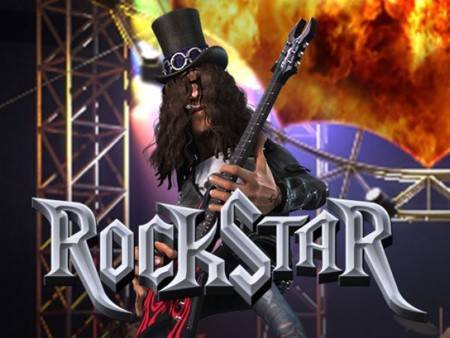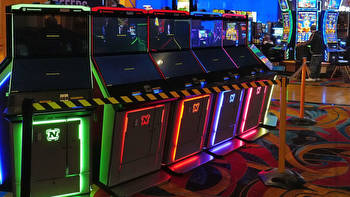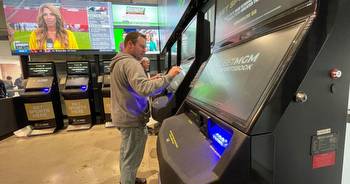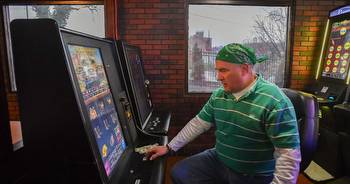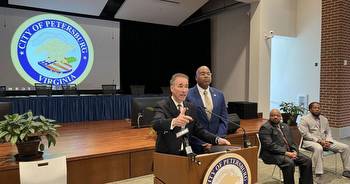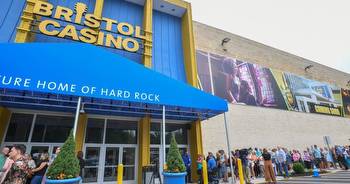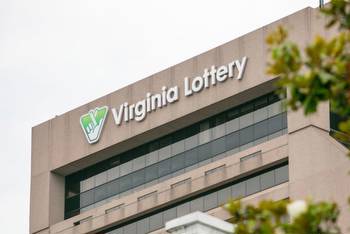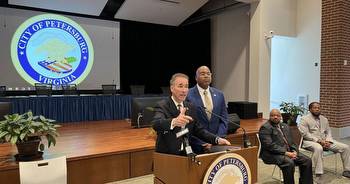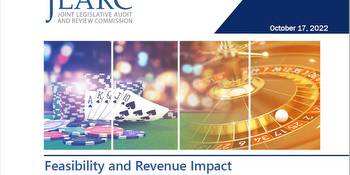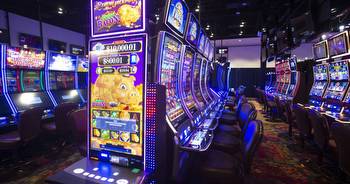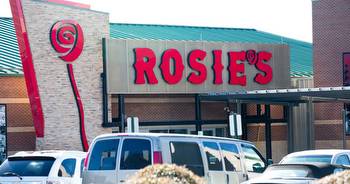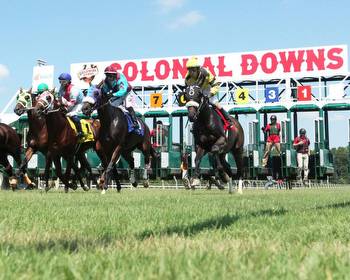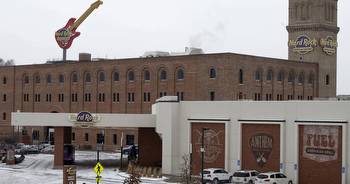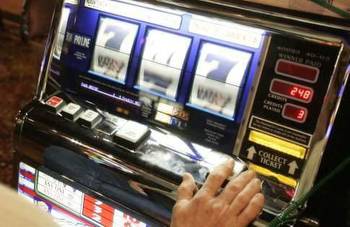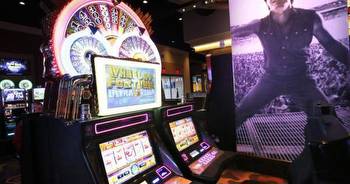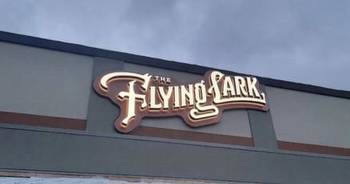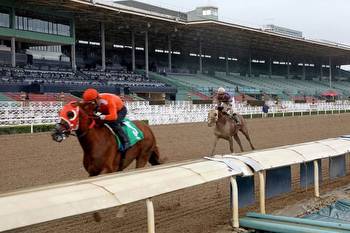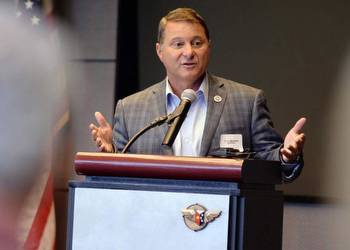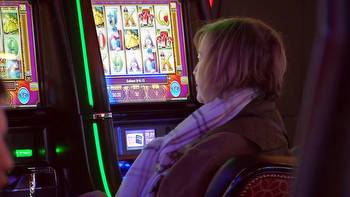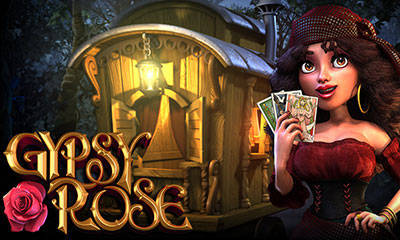Amid gambling boom, just four Virginia regulators oversee entire horse racing industry
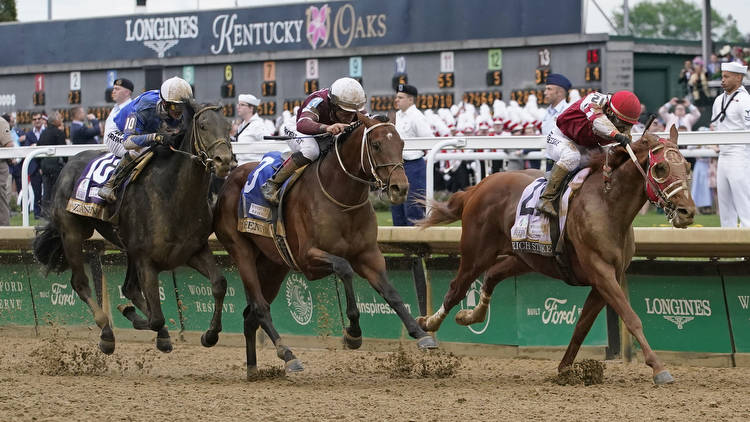
RICHMOND, Va. (WRIC) — Virginians have embraced gambling to the tune of over $10 billion a year — but a new report found that key regulators are critically understaffed and unprepared to tackle the booming industry.
For most people, gambling evokes images of glitzy casinos and gas station scratch-offs, but in Virginia, the biggest driver of revenue has been an unusual hybrid: the historical horse racing (HHR) machine.
The total amount of wagering is expected to hit $13 billion this year — a surge of $6 billion since 2018 when regulations were loosened to allow first HHR and then sports wagering.
Historical horse racing was the biggest component of that increase, making up more than half of the growth since 2018. But the mechanics of the system aren’t familiar to many — including those tasked with regulating the machines.
“The Virginia Racing Commission lacks the staff, expertise and regulatory structure necessary to effectively regulate historical horse races,” said Ellie Rigsby, a researcher with the Joint Legislative Audit and Review Commission (JLARC).
To the casual observer, the machines look like just another set of slots — but they’re legally distinct because of the complex ways winners are picked.
The machine essentially chooses a horse race at random that’s already been run, then anonymizes the data so players can’t tell when it occurred, inviting them to place bets on the outcomes. Players are also given information on stats like the win-loss record of the jockey and horse and many machines play video of the race to mimic the real experience.
But the machines have also increasingly come to resemble traditional slot machines, with many having spinning elements to show the results and winnings, with race replays tucked away in a corner of the screen.
“From a consumer perspective, they’re extremely similar,” Rigsby said.
The Virginia Racing Commission is charged under state law with regulating the machines, but the commission’s members are more experienced in regulating traditional horse racing at tracks — and they’ve found themselves severely short-staffed.
“We found that the state needs at least 15 employees to regulate the current HHR facilities,” said Stephanie Pabst, head of the JLARC study. She added that when several planned facilities open in a few years, that number will increase to 22.
Right now, the commission has just four full-time employees and one part-time remote worker.
The increased staff is urgently needed, as Pabst noted, because the commission is currently unable to complete due diligence on applications for gambling licenses.
“The racing commission doesn’t independently verify any personal or financial information submitted in licensure applications,” she said.
While the expanded staff would cost several million dollars, Pabst pointed out that those costs could be paid for with current tax revenues on HHR gaming — and still leave $25 million in taxes for the general fund.







